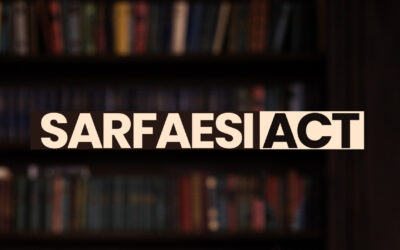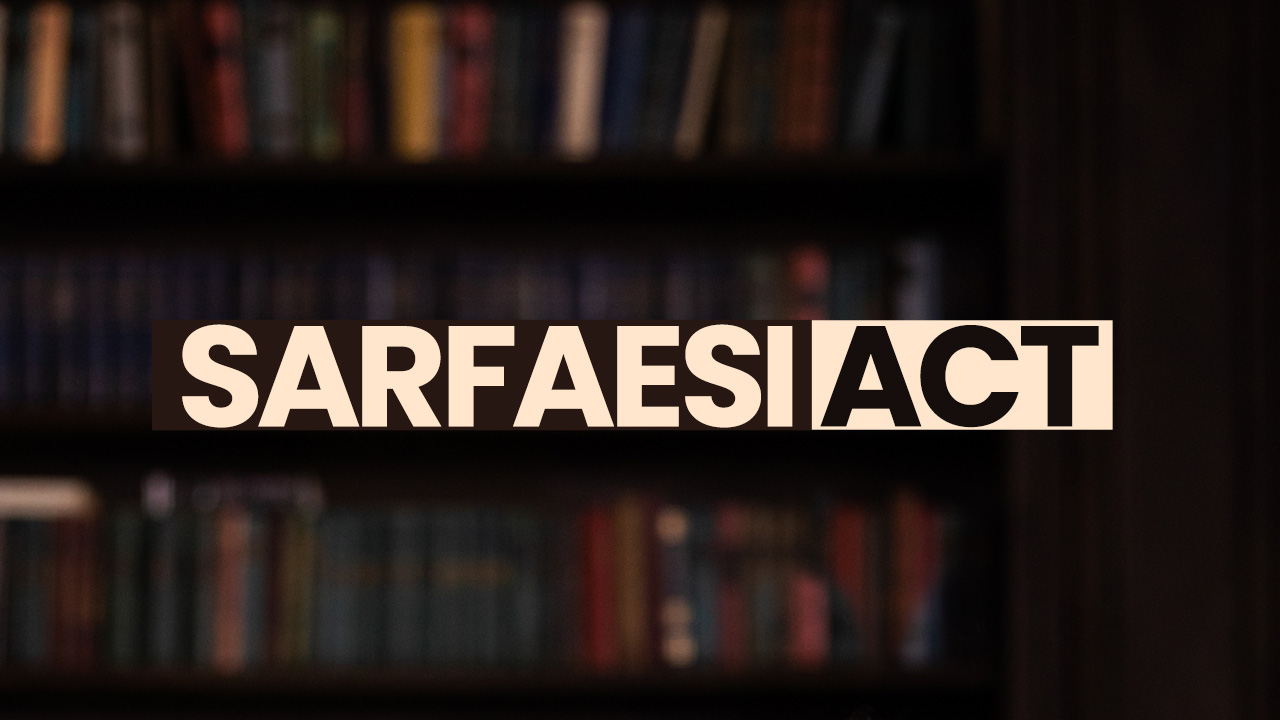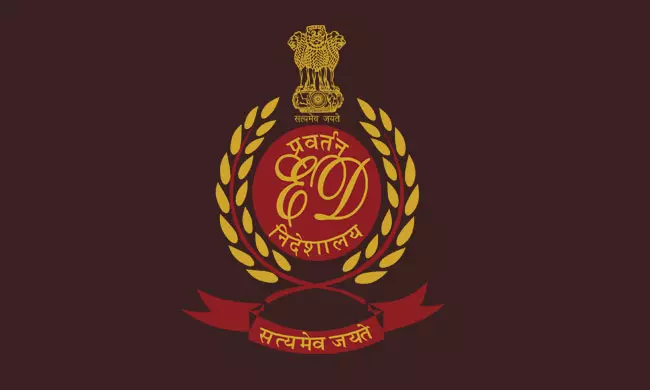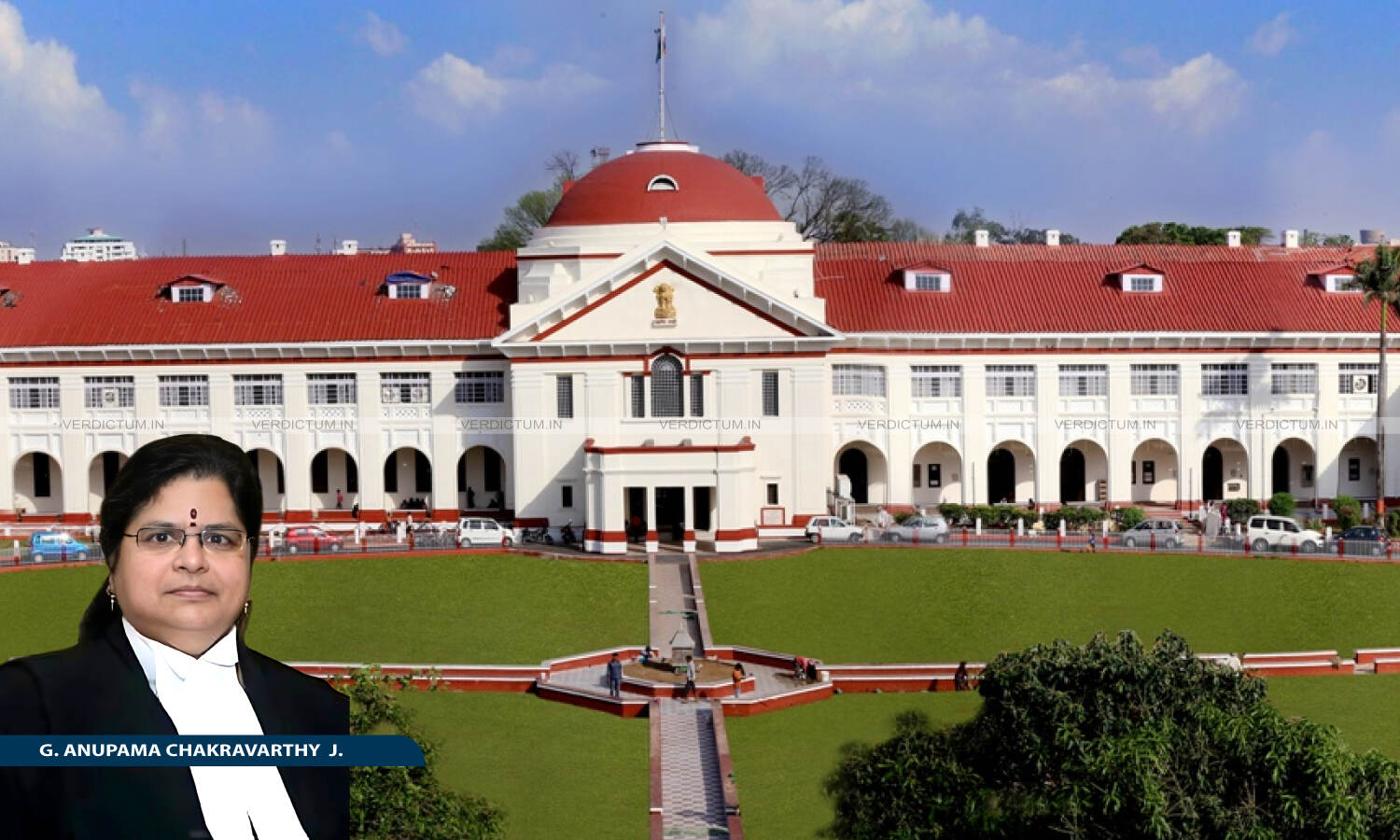PFI Hit List Included Retired Kerala Judge: NIA Informs Court
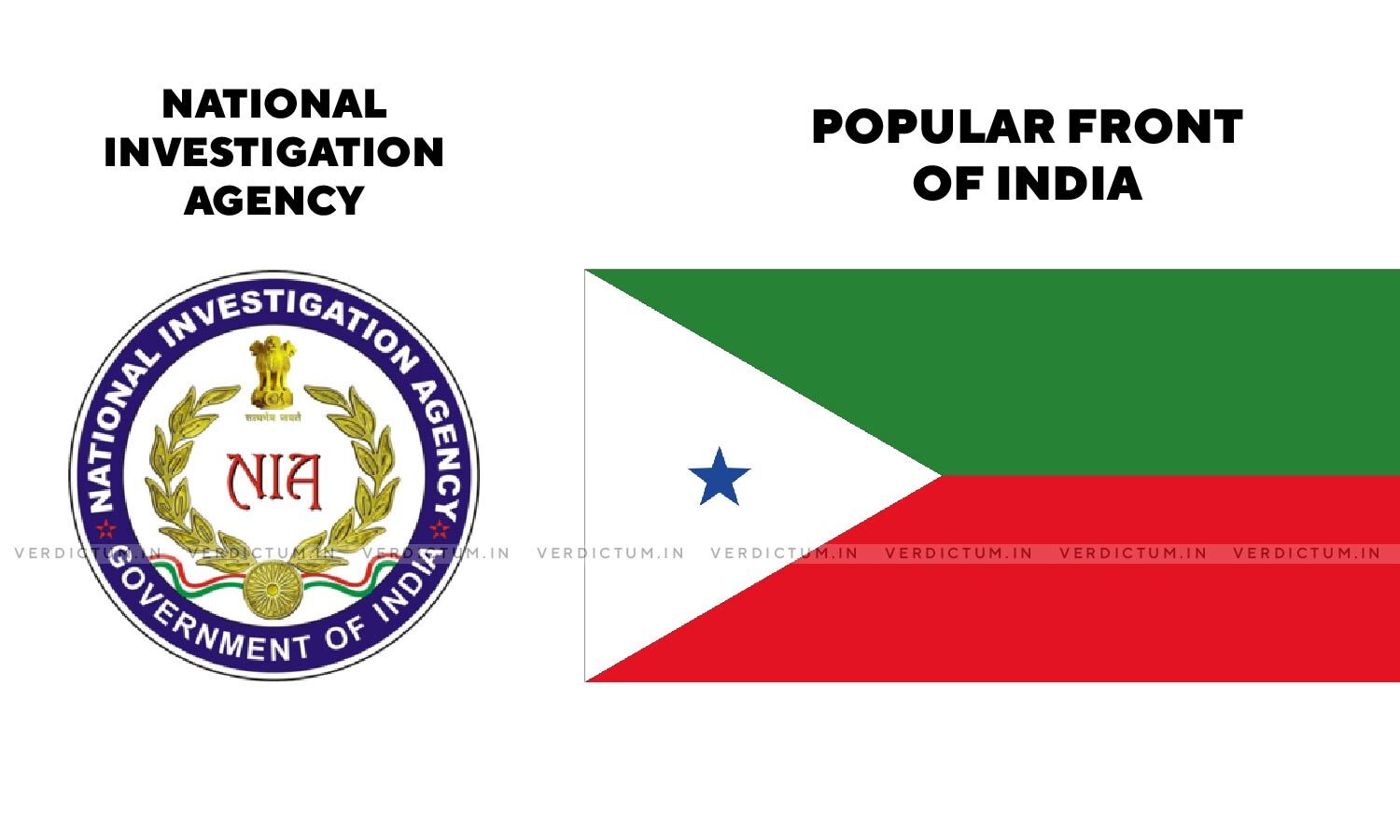
The Special Court for NIA Cases, Ernakulam, refused bail to two alleged members of the banned Popular Front of India (PFI) accused in the murder of RSS worker Sreenivasan in Palakkad, observing that the act was part of a larger conspiracy aimed at establishing Islamic rule in India by 2047. A Judge of the Special Court dismissed the bail applications filed by the two accused, holding that the material on record prima facie established their involvement in the conspiracy and attracted the bar under Section 43D(5) of the Unlawful Activities (Prevention) Act, 1967.
P.K. Mohandas, Judge, Special Court (NIA) recorded the submission of the NIA, “…a hit list containing details of 5 targeted persons, including one former District judge of Kerala has been seized from the wallet of Abdul Wahab (A-15) who is absconding since then. It is submitted that ‘Periyar Valley’ campus is an arms training centre of PFI which has been attached by NIA u/s.25 of UAP Act as ‘Proceeds of terrorism’ as per order dated 29.9.2022 and the same has been confirmed by the Designated Authority.”
The Court added, “The evidence discussed above show that there are prima facie materials to show that the petitioners are active members of the PFI. It further show the presence of the petitioners at the place of conspiracy and near scene of incident and also their role in commission of the offence.”
Advocate P.C. Noushad appeared for the Petitioners, while Special Public Prosecutor Ajith Kumar S. represented the Respondent.
Brief Facts
The present bail petition was filed by Petitioner No.1 and Petitioner No.2 in connection with a case investigated by the National Investigation Agency (NIA) concerning the activities of the Popular Front of India (PFI) and the murder of RSS worker Sreenivasan.
As per the final report and the objection filed by the investigating officer, the Central Government received credible information that the office bearers, members, and cadres of PFI and its affiliates in Kerala had conspired to incite communal violence and radicalize cadres to commit terrorist acts in Kerala and other parts of India. The members allegedly maintained operational nexus with proscribed international terrorist organisations, including SIMI, Lashkar-e-Taiba (LeT), ISIS/Daesh, and Al-Qaida.
It was alleged that the PFI established a widespread organisational network for recruiting vulnerable Muslim youth into terrorist activities. The group was also accused of unlawful activities meant to incite disaffection against the State, disrupt public tranquillity, and threaten the sovereignty and integrity of India.
The specific allegation against Petitioner No.1 was that he arranged weapons along with Accused No.39 and conducted reconnaissance of the target on April 15 2022. He allegedly assisted the assailants in the commission of the murder. Petitioner No.2 was alleged to have assisted the assailants along with Accused No.60. Both petitioners were arrested on 21 April, 2022.
They were charged under Sections 120B, 34, 109, 115, 118, 119, 143, 144, 147, 148, 449, 153A, 341, 302, 201, 212 read with 149 IPC, Section 3(a)(b)(d) read with 7 of the Religious Institutions (Prevention of Misuse) Act, 1988, Sections 13, 16, 18, 18A, 18B, 20, 22C, 23, 38 & 39 of the Unlawful Activities (Prevention) Act, 1967 and Section 25(1)(a) of the Arms Act.
The petitioners argued that they were innocent and that the allegations were fabricated. They cited the long period of incarceration, completed investigation, and delay in trial as grounds for bail, stating that the bar under Section 43D(5) of UAPA was not attracted in their case.
Reasoning of the Court
The Court, after examining the materials on record, found that there was prima facie material to show that Petitioner No.1 and Petitioner No.2 were active members of the PFI and were involved in the criminal conspiracy and execution of the murder of RSS worker Srinivasan.
The Court observed, “The evidence discussed above show that there are prima facie materials to show that the petitioners are active members of the PFI. It further show the presence of the petitioners at the place of conspiracy and near scene of incident and also their role in commission of the offence.”
The Court found that the acts attributed to the petitioners could not be seen in isolation, but must be considered in the context of the larger conspiracy unearthed during the investigation. It relied upon various forms of material including CCTV footage, tower location data, call records, forensic analysis, and witness statements. In particular, the Court referred to the seizure of a “hit list” from the wallet of absconding co-accused Abdul Wahab, which named five Hindu leaders and a retired District Judge of Kerala.
Further, the Court noted the recovery of a document titled “India 2047 – Towards Rule of Islam in India”, and found that the contents of the document and other evidence prima facie revealed a larger plot to eliminate ideological opponents and create communal unrest.
The Court noted, “The allegations against the petitioners and the materials placed before the court in support of the same show that there are prima facie materials to substantiate the offences coming under Chapter IV and IV of the UA(P) Act.”
The Court also rejected the contention that delay in trial justified the grant of bail, noting that the delay had occurred due to a stay granted by the Supreme Court and was not attributable to the prosecution. It held, “The reason for delay in trial is the stay granted by the Hon’ble Supreme Court and petitioners cannot take advantage of the same to contend that they are entitled to bail.”
Relying on the Supreme Court’s decision in Gurwinder Singh v. State of Punjab (2024), the Court observed that once the accusations appeared to be prima facie true, the embargo under Section 43D(5) of the UAPA applied, and that the case of the Petitioners did not fall within the scope of the proviso.
The Court held, “…I am of the view that there are reasonable grounds for believing that the accusation against the petitioners is prima facie true. The allegations against the petitioners are serious in nature. Final report is already filed and the case is ripe for trial. The Proviso to Section 43D(5) is applicable in this case and the petitioners are not entitled to be released on bail at this stage.”
Consequently, the Court dismissed the petition.
In May, the Supreme Court granted bail to three accused PFI workers in the conspiracy case related to the murder of RSS worker Sreenivasan in Palakkad on the ground that the completion of the trial would take a long time and that the delay in the trial cannot be attributed to the accused.

